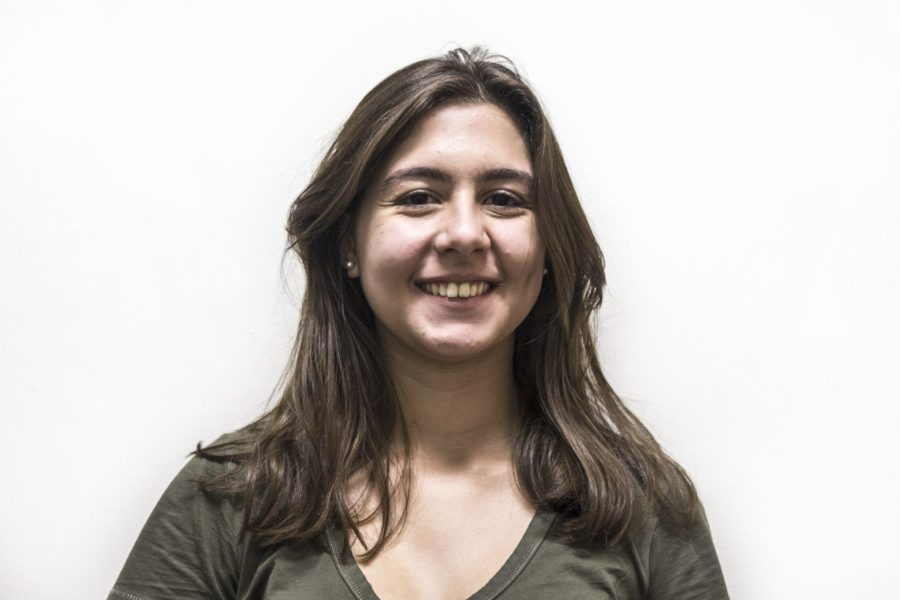NYU’s Menstrual Hygiene Products Program Is a Step in the Right Direction
February 24, 2017
Last October, NYU reported that during this spring semester, a pilot program would be implemented to provide free menstrual hygiene products on campus in both Manhattan and Brooklyn. Following a three-month silence NYU announced on Feb. 10 that circulation would begin within two weeks in select bathrooms. The university’s initiative is a remarkable step in creating a more egalitarian and inclusive academic environment, which should be mimicked by other institutions.
The frequent marginalization of women throughout history is an indisputable fact. Because of this, natural characteristics of the female body are often cast in a dreadful light. For example, menstruation is often stigmatized and even seen as a symbol of impurity. It has always been an unspoken rule that menstruation should be concealed from the public eye. From being prevented from swimming in public swimming pools to being instructed to abstain from sex, women are subject to society’s distorted perception of menstruation, which ignores the fact that it is a natural bodily process.
Menstrual hygiene products evoke a different set of problems. On average, women spend $7 on a box of 36 tampons. For low-income women, tampons and napkins can be considered a luxury expense. Since menstruation is not widely recognized as a health issue, those who cannot afford these essential products often cannot access them. Some states in the United States, including New York, reinforce this burden by taxing MHPs. A report made by New York officials last September estimated that “consumers would save about $10 million a year in purchasing tampons, pads and other similar products” if the tampon tax were eliminated. While some states are fighting to extinguish the tax on MHPs, the United States as a nation should follow countries like Canada and Spain that do not charge the tampon tax.
NYU has taken a step in the right direction by claiming menstruation as a valid health issue through its promise to supply free MHPs. While the program shows room for improvement — for example, MHPs should be available in more restrooms throughout campus — the initiative is well-intended and should serve as an example for other academic institutions. By de-stigmatizing periods, NYU is paving the way for a more democratic academic environment in which males, females and non-binary students feel equally supported by the university.
Opinions expressed on the editorial pages are not necessarily those of WSN, and our publication of opinions is not an endorsement of them.
Email Carine Zambrano at [email protected].



























































































































































